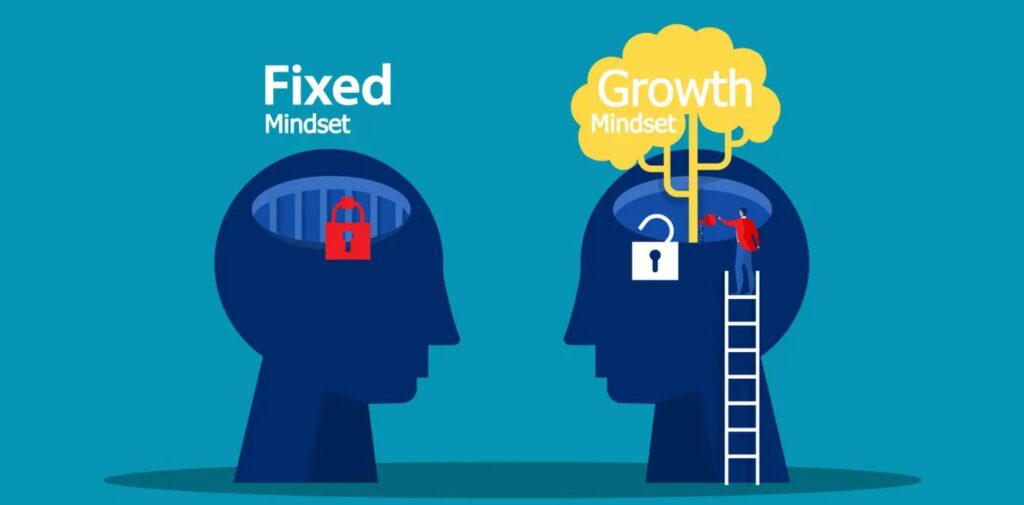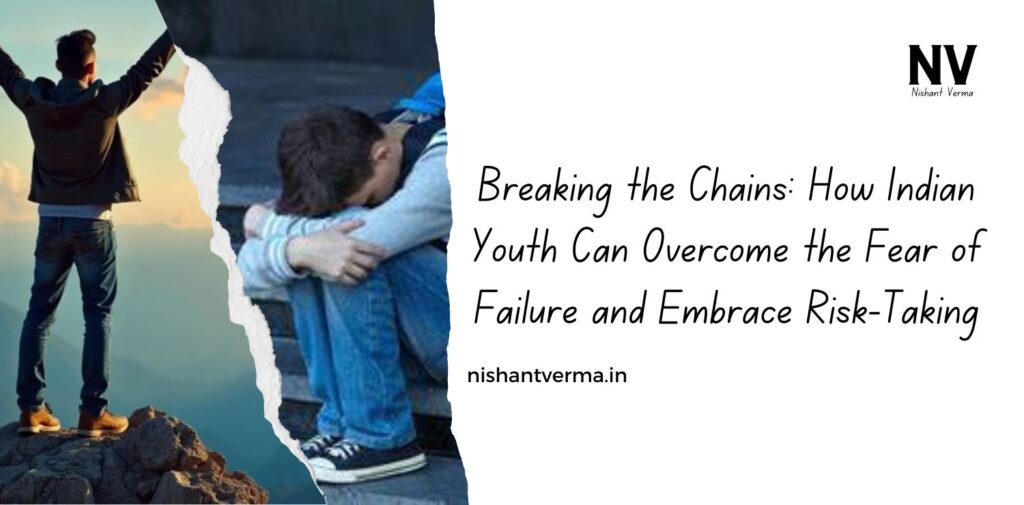In a rapidly changing world, the ability to take risks and embrace uncertainty is becoming increasingly vital for success, especially for the youth. In India, where traditional values often emphasize stability and safety, many young people grapple with an overwhelming fear of failure. This fear can hinder their potential and stifle innovation. However, by understanding and addressing this fear, Indian youth can break free from these self-imposed chains and cultivate a mindset that embraces risk-taking as a path to growth and success.
Understanding the Roots of Fear
The fear of failure is deeply ingrained in the cultural fabric of India. From a young age, children are conditioned to excel in academics and avoid mistakes. Parents, teachers, and society often equate success with high grades and prestigious careers. This pressure creates a mindset where failure is stigmatized, leading to anxiety and reluctance to pursue unconventional paths.
Additionally, the competitive job market and economic uncertainties exacerbate these fears. Many youths feel that their careers hinge on their academic achievements, leaving little room for experimentation or taking risks. This scenario is compounded by the prevalence of social media, where failures are often highlighted, leading to a culture of comparison that can further paralyze young individuals.
Embracing Failure as a Learning Opportunity
One of the first steps in overcoming the fear of failure is to reframe how failure is perceived. Instead of viewing it as a definitive end, young people should recognize failure as a valuable learning experience. Many successful entrepreneurs and innovators have faced significant setbacks before achieving their goals. By sharing stories of resilience, such as those of Ritesh Agarwal, the founder of OYO, or Kiran Mazumdar-Shaw, the founder of Biocon, we can inspire young individuals to view their failures as stepping stones rather than obstacles.
To cultivate this mindset, educational institutions can play a crucial role. Implementing curricula that encourage experimentation, creativity, and critical thinking can help students understand that failure is part of the learning process. Schools and colleges can host workshops and seminars that promote resilience and teach students how to analyze failures constructively.

Building a Supportive Environment
To foster risk-taking, it is essential to create a supportive environment. Families and educational institutions must promote a culture that celebrates effort and experimentation rather than just success. Parents can encourage their children to pursue diverse interests, even if they diverge from conventional career paths. Acknowledging and applauding the effort, regardless of the outcome, can instill confidence in young people.
Mentorship programs can also provide invaluable support. Experienced professionals can guide youths through their journeys, sharing their own experiences with failure and success. These mentors can help young people navigate challenges, offering insights and encouragement that can mitigate the fear of stepping outside their comfort zones.
Developing a Growth Mindset
A growth mindset, as coined by psychologist Carol Dweck, is the belief that abilities and intelligence can be developed through hard work and dedication. By fostering this mindset, Indian youth can learn to embrace challenges and view failures as opportunities for growth. This involves cultivating resilience and perseverance, traits that are crucial for anyone seeking to take risks.
Workshops focused on personal development, emotional intelligence, and resilience can be instrumental in this process. Young individuals can be taught techniques to manage stress and anxiety, enabling them to face challenges head-on. By developing emotional resilience, they can approach risks with a positive outlook, viewing them as exciting opportunities rather than daunting threats.

The Role of Technology and Innovation
In today’s digital age, technology provides a platform for risk-taking and innovation. The rise of startups and the gig economy offers young Indians unprecedented opportunities to explore their passions and interests without the constraints of traditional employment. With minimal investment, aspiring entrepreneurs can test their ideas, learn from failures, and iterate on their projects.
Online platforms and social media have also democratized access to information and resources. Young people can now learn from global experts, connect with like-minded individuals, and share their journeys. Leveraging technology, they can create communities that celebrate risk-taking and support one another in their pursuits.

Celebrating Success Stories
To inspire the next generation, it is vital to celebrate the success stories of those who have taken risks. From entrepreneurs like N.R. Narayana Murthy, co-founder of Infosys, to social activists like Malala Yousafzai, these figures exemplify how embracing risk can lead to groundbreaking achievements.
Media outlets and educational institutions should highlight these stories, showcasing the journey of individuals who overcame their fears and succeeded against the odds. By presenting relatable role models, young people can envision their potential and recognize that the path to success is often paved with failures.
Conclusion: A Call to Action
As Indian youth navigate an increasingly complex world, breaking free from the fear of failure is essential for personal and professional growth. By fostering an environment that celebrates risk-taking, reframing the perception of failure, and embracing a growth mindset, young people can unlock their full potential.
It is a collective responsibility—parents, educators, mentors, and society as a whole must come together to create a culture that encourages exploration and innovation. The youth of India possess immense talent and creativity; it’s time they realize that taking risks is not only acceptable but necessary for a fulfilling and successful life.
In the words of author J.K. Rowling, “It is impossible to live without failing at something unless you live so cautiously that you might as well not have lived at all.” Let us encourage our youth to embrace the journey, with all its ups and downs, and empower them to break the chains of fear and step boldly into their future.




